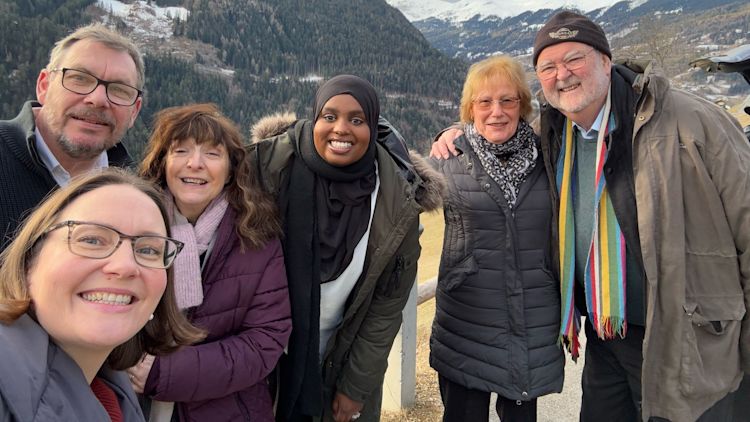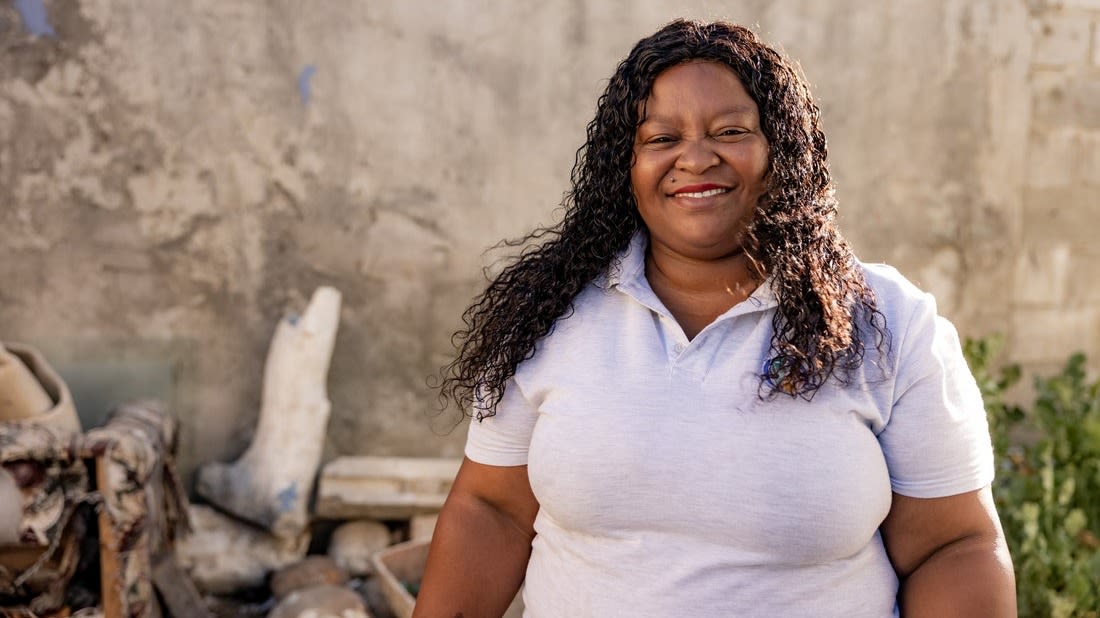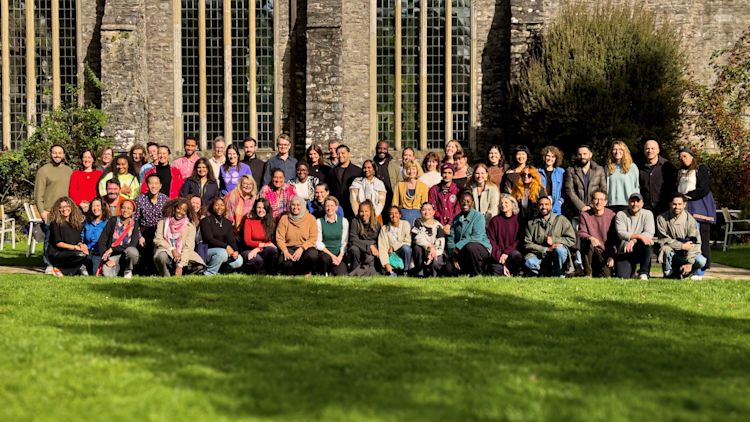
Written by Ayesha Farah
Social Innovation House: A Hub for Change
This year’s World Economic Forum was built around the theme ‘Collaboration for the Intelligent Age,’ with key priorities like rebuilding trust, reimagining growth, and safeguarding the planet. If the World Economic Forum was Glastonbury for the global elite—suited, booted, and occasionally in ice cleats—then the main stage was its Pyramid Stage, where figures like António Guterres and David Beckham made appearances. But it was in the fringe spaces and the side stages, where the real conversations were happening.
One such space was the Social Innovation House, tucked away in the heart of Davos’ Promenade. More than just a venue, it became a catalyst for bold ideas and meaningful collaboration. Visionary leaders from across the world gathered here—not just to talk about change, but to create it.
On the first day, Catalyst Now’s Co-Chief Facilitators, Gaby Arenas de Meneses and Frederik Galtung, led a compelling discussion on why cross-sector collaboration is essential for solving the world’s most pressing challenges. Later that day, a session on The Future of Social Innovation highlighted a growing global movement—one rooted in proximity.
Co-chair of Mena Manarah, Dr. Jackie Maalouf’s words resonated deeply:
“We didn’t want to be the source of bad news, to be on the news for wars and genocides. We wanted to be the light of social innovation, to build spaces where co-creation and collaboration can happen, where ideas and solutions are supported and brought to life.”
Luvuyo Rani, Africa Forward’s Executive Director also underscored a critical point: "The story of social entrepreneurship in Africa is not being told. We need to showcase stories of change, of real impact."
In that room, you could hear a pin drop. Everyone - leaders, funders, social innovators - were there not only to envision change, but to drive it.
We Don’t Do Charity Documentary and Discussion
As the buzz continued throughout the day, we transitioned into our panel discussion, following a screening of We Don’t Do Charity, a powerful film by David and Amanda Campbell. The documentary challenged traditional humanitarian and development models, spotlighting alternative approaches that prioritise social entrepreneurship and community empowerment.
The message was clear: The current aid system is broken. It is outdated, unfit for purpose, and in dire need of reform—one that shifts power, funding, and agency to those closest to the issues.
I spoke about Comic Relief’s Shifting the Power programme, co-funded with the Foreign, Commonwealth & Development Office. At its core is a simple but revolutionary belief: the people most affected by global challenges are the best equipped to solve them.
For too long, international development has been dictated by the Global North, with funding driven by donor priorities rather than the actual needs of communities. This has created cycles of dependency and short-term fixes, rather than sustainable change.
Shifting the Power aims to disrupt that status quo. It is about more than just funding—it is about transformation. That transformation starts with us. Over the last four years, we’ve challenged ourselves to unlearn outdated practices, to reimagine how we fund, how we listen, and how we share decision-making.
This is what makes Shifting the Power different. We are not passive funders. We are active participants in this shift, learning from our partners, embracing new models of collaboration, and ensuring that power and resources rest where they truly belong - with local communities and grassroots organisations.
The days following days were filled with deep reflection and inspiring discussions. This included Rebirthing Breathwork meditation, setting a mindful tone for the coming days. We heard from experts on Learning Ecosystems, emphasising the role of wellbeing, regeneration, and city-education integration in shaping the future of learning. And an impactful session on Refugee and Migrant Integration—explored how mental health, entrepreneurship, and culture can foster inclusive communities.
The sessions provided powerful panels and workshops filled with collaboration, insight, and forward-thinking ideas, reaffirming the Social Innovation House’s role as a hub for transformative change.
Africa House: A Fireside Chat with his Excellency Hassan Sheikh Mohamud, President of Somalia
Davos is the kind of place where, somehow, you find yourself in an intimate conversation with the president of your home country. As a British-Somali woman, sitting front row for a discussion with President Hassan Sheikh Mohamud was a deeply personal and proud moment—one I made sure my family and community knew about.

Despite the lack of diversity at the conference, this was a moment where I felt connected to my roots. The President spoke candidly about Somalia’s journey of rebuilding after decades of political instability and laid out Vision 2060, a long-term strategy for national transformation in Somalia.
Perhaps most powerfully, he emphasised the need to reclaim narratives: “For too long, Somalia has been defined by images of violence, state failure, and piracy—the Somalia of Black Hawk Down and Captain Phillips. But that Somalia is gone. Today, we are writing a new history—one of progress, resilience, and hope.”
His words echoed the theme I saw emerging throughout Davos: Hope is not just wishful thinking. It is an act of defiance, of rewriting the script, of reclaiming power over our own futures.

Looking Ahead: A Call to Action
Despite the theme Collaboration for the Intelligent Age, discussions unfolded under the shadow of changing leadership in the US. A fresh presidency ushered in decisions that clashed directly with the conference’s themes—driven by a so-called "revolution of common sense" that quickly translated into changed membership of the Paris Climate Accord and a freeze on foreign aid, both with devastating consequences for the global majority. With just five years left to achieve the 2030 Sustainable Development Goals (SDGs), only 15% of the targets are on track. It’s easy to feel hopeless.
But if Davos taught me anything, it’s that change is possible—locally led development has never been more important. Trump's foreign aid freeze underscored a truth that many of us have known for years: The aid system is not sustainable. We need to stop looking at development as charity and start seeing it as justice.
Hope, as Desmond Tutu once said, is “the ability to see light in the darkest of times”. And hope, I believe, is found in local leadership, in justice, in empathy, in solidarity. If we are serious about building a more just world, we must champion these values—not just in words, but in action.


